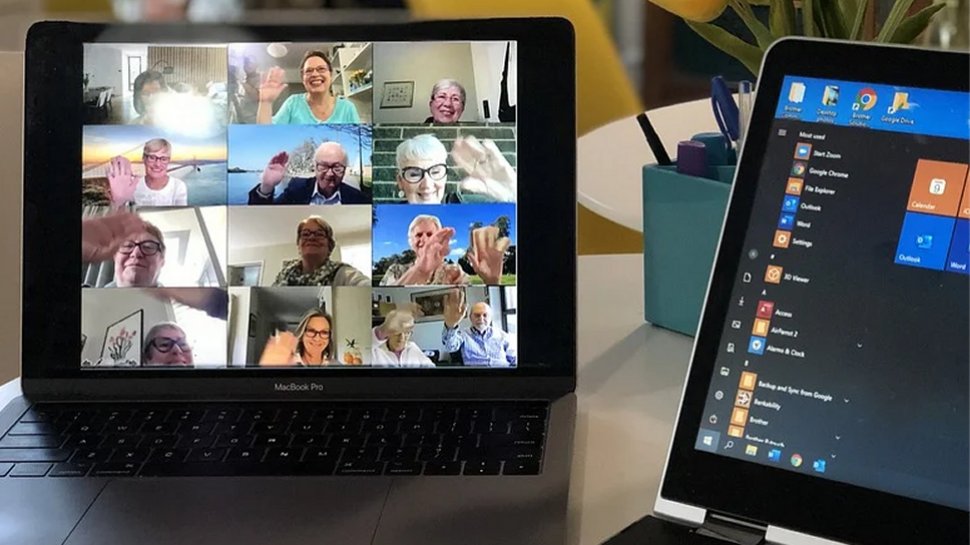Heard of Zoom Dysmorphia? It is driving video chat users towards facial care
A case of diminishing self-image

While video meetings, now generically called 'Zoom meetings', have been god-sent in these times of social distancing and work from home norms, there is one area of worry: Staring at own faces, day in and day out. And what exactly is it doing to our self-image?
As per a recent study, the answer does not seem to be encouraging or positive.
Video conference meetings "may have drastic effects on body dissatisfaction and desire to seek cosmetic procedures," the study claims.
The study, done by Shauna M Rice, Emmy Graber, and Arianne Shadi Kourosh, and published in Facial Plastic Surgery & Aesthetic Medicine, said 'Zoom' has allowed life to go on in an ever-changing world, but may be affecting the way individuals view themselves.
The authors noted a surge in patients citing their appearance on 'Zoom' as a reason to seek care, particularly concerned with acne and wrinkles.
It has to be clarified here that the authors have used 'Zoom' as a collective noun for virtual video conference tools, and the study does not single out Zoom platform for the problem.
- Here's our list of the best collaboration tools right now
- Working from home: the mouse, monitor, keyboard and router you need
- We've built a list of the best business webcams available
Why are webcams so unsettling to users?
Video conference platforms display an unedited version of oneself in motion, a self-depiction very few people are used to seeing on a daily basis. This is bound to have a negative impact, the study suggests.
Sign up for breaking news, reviews, opinion, top tech deals, and more.
"During real-life conversations, we do not see our faces speaking and displaying emotions, and we certainly do not compare our faces side-by-side to others like we do on video calls. In addition, cameras can distort video quality and create an inaccurate representation of true appearance," the authors said.
Webcams, mostly recording at shorter focal lengths, tend to produce an overall more rounded face, wider set eyes, and broader nose.
Users must recognize the limitations of webcams and understand that they are, at best, a flawed representation of reality, the study said.
How does “Zoom Dysmorphia" happen?
The authors attributed the recent surge in patients seeking cosmetic procedures to people now seeing their imperfections on camera daily, "or because the wrinkles they see on screen make them look more depressed to others and feel more depressed themselves."
"They may perceive themselves as sad because of the wrinkles they see, which further negatively affects their emotions, leading to a dangerous cycle of self-deprecation," the study added.
A life disproportionately spent on video platforms may trigger a self-critical comparative response that leads people to rush to their physicians for treatments they may not have considered before months confronting a video screen.
The authors have christened the new phenomenon as “Zoom Dysmorphia".

Over three decades as a journalist covering current affairs, politics, sports and now technology. Former Editor of News Today, writer of humour columns across publications and a hardcore cricket and cinema enthusiast. He writes about technology trends and suggest movies and shows to watch on OTT platforms.